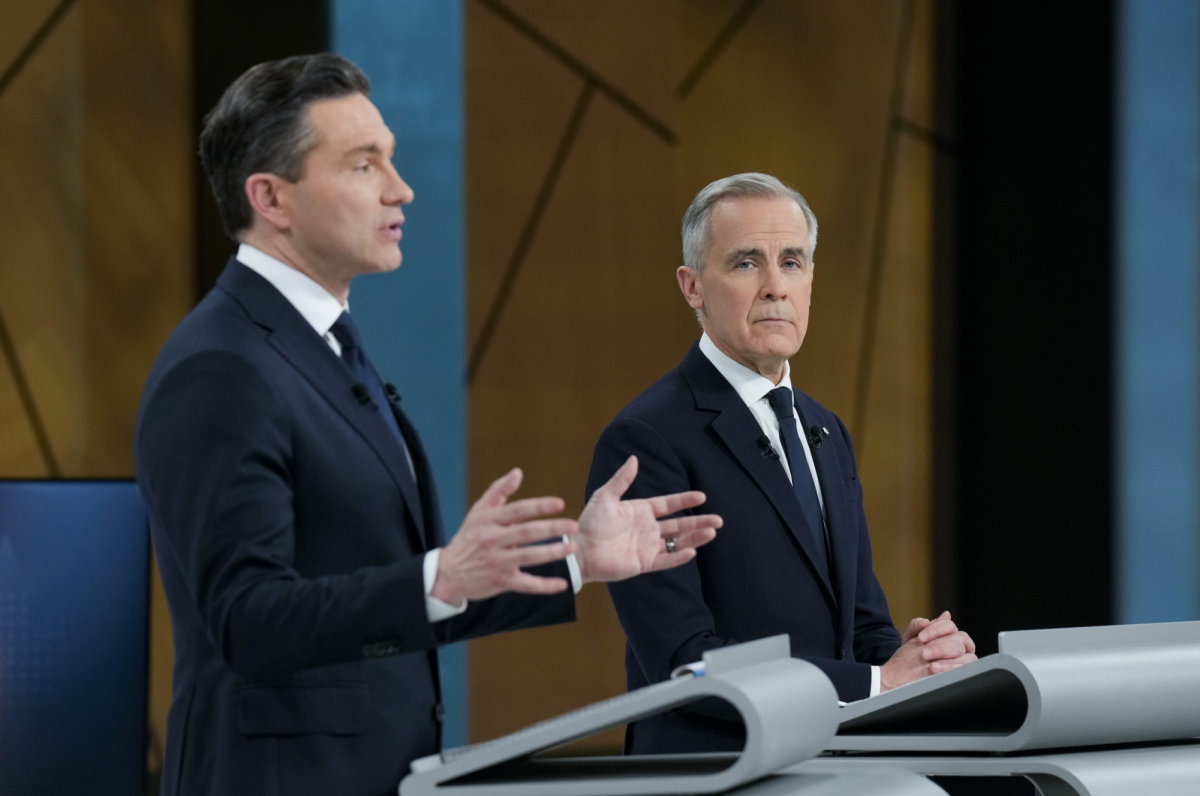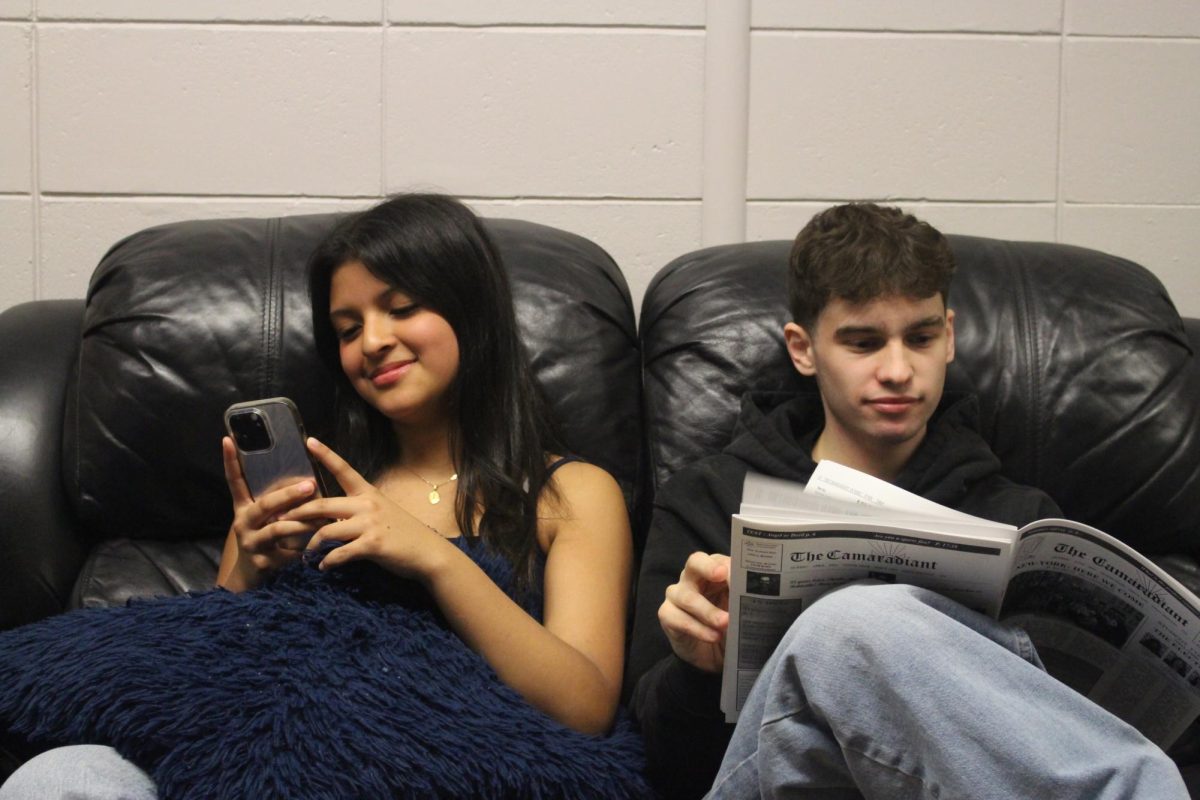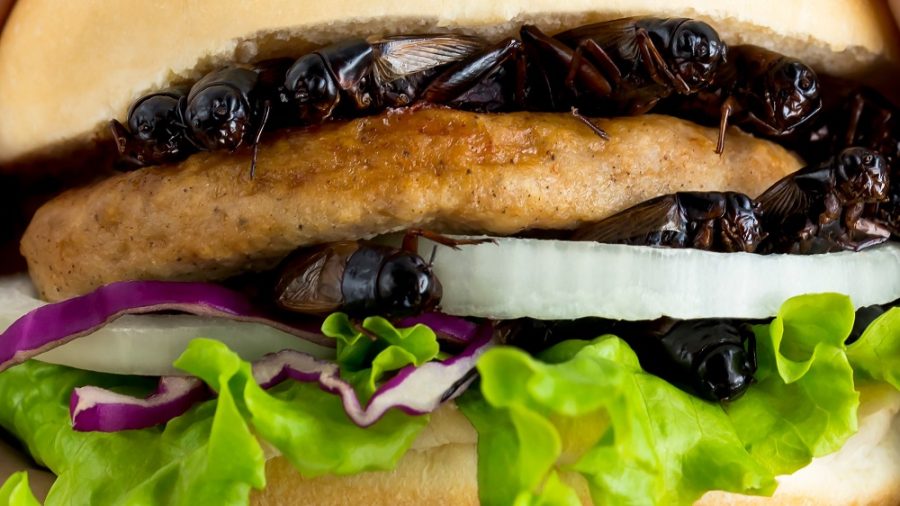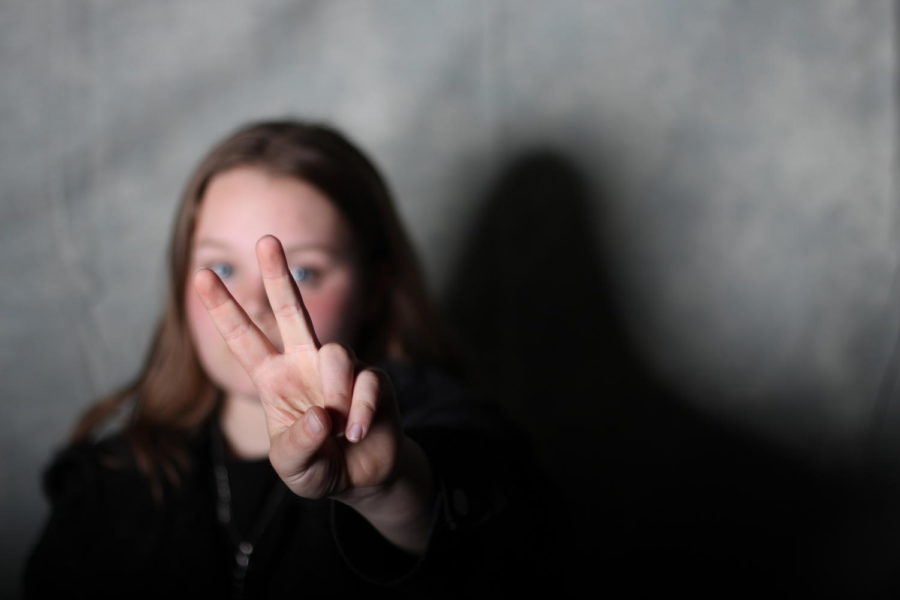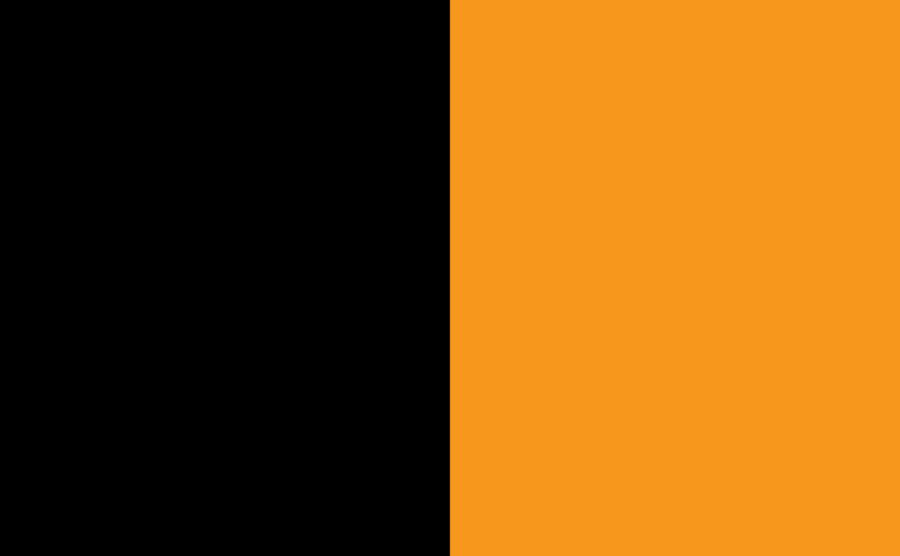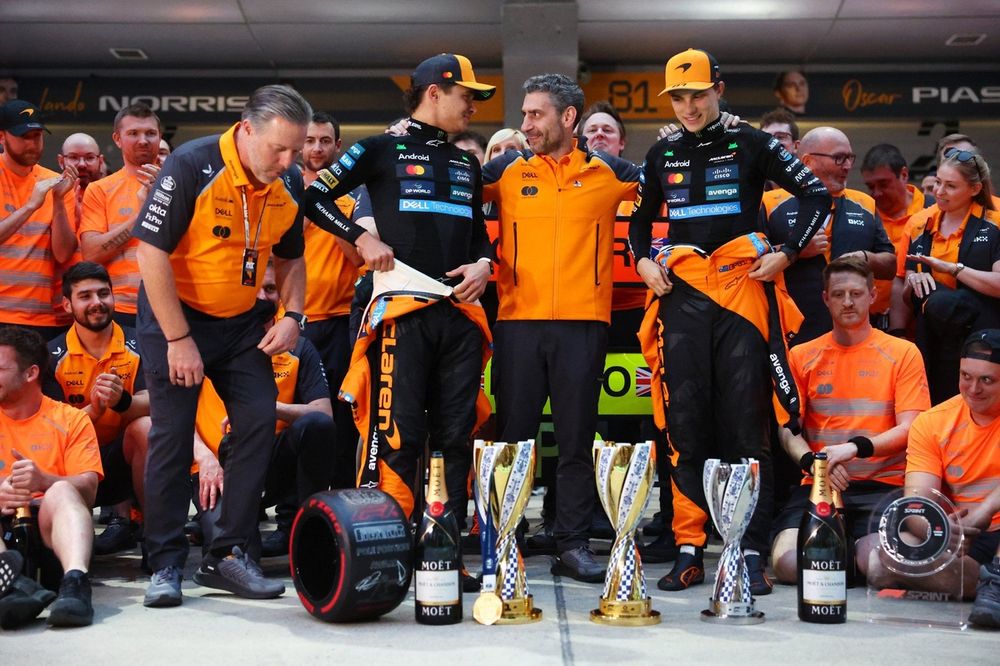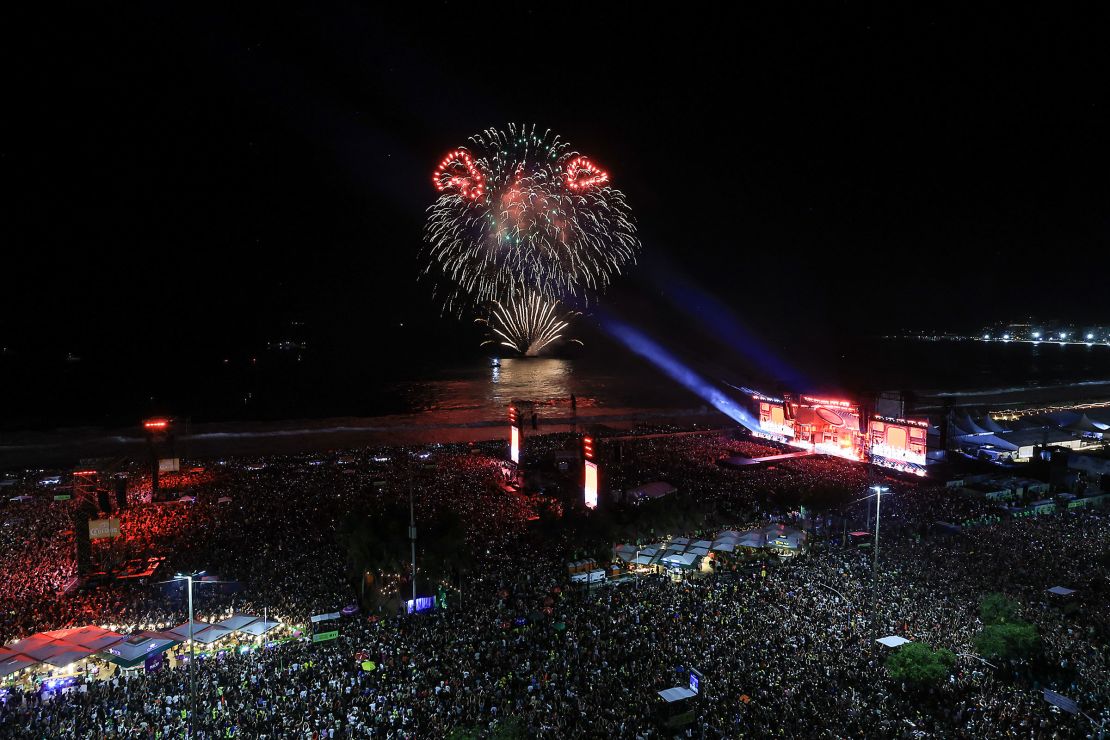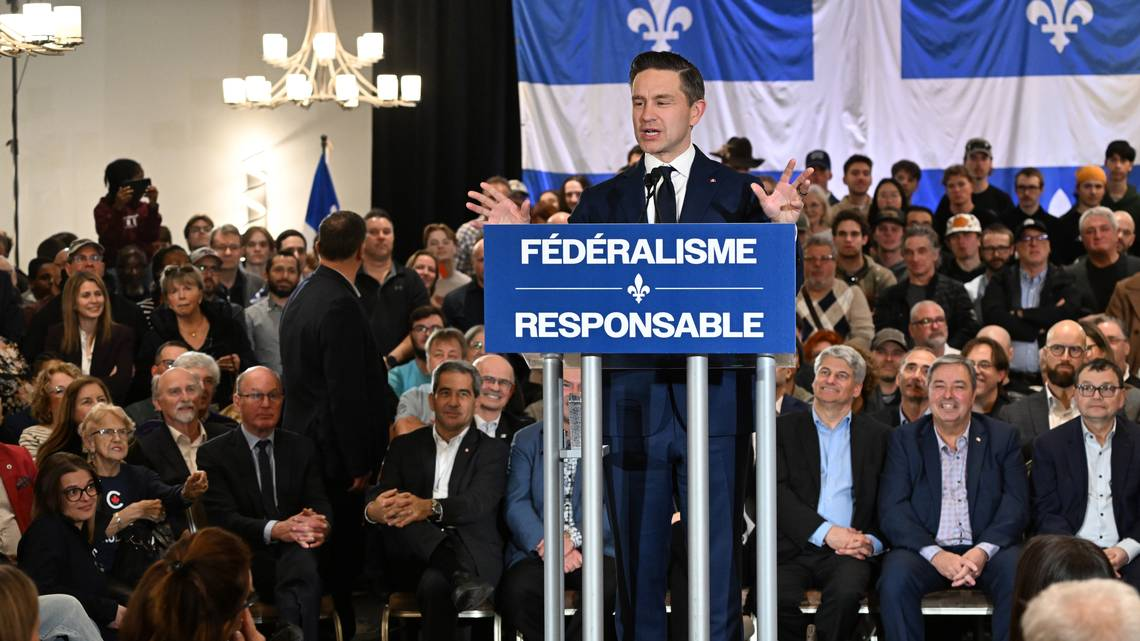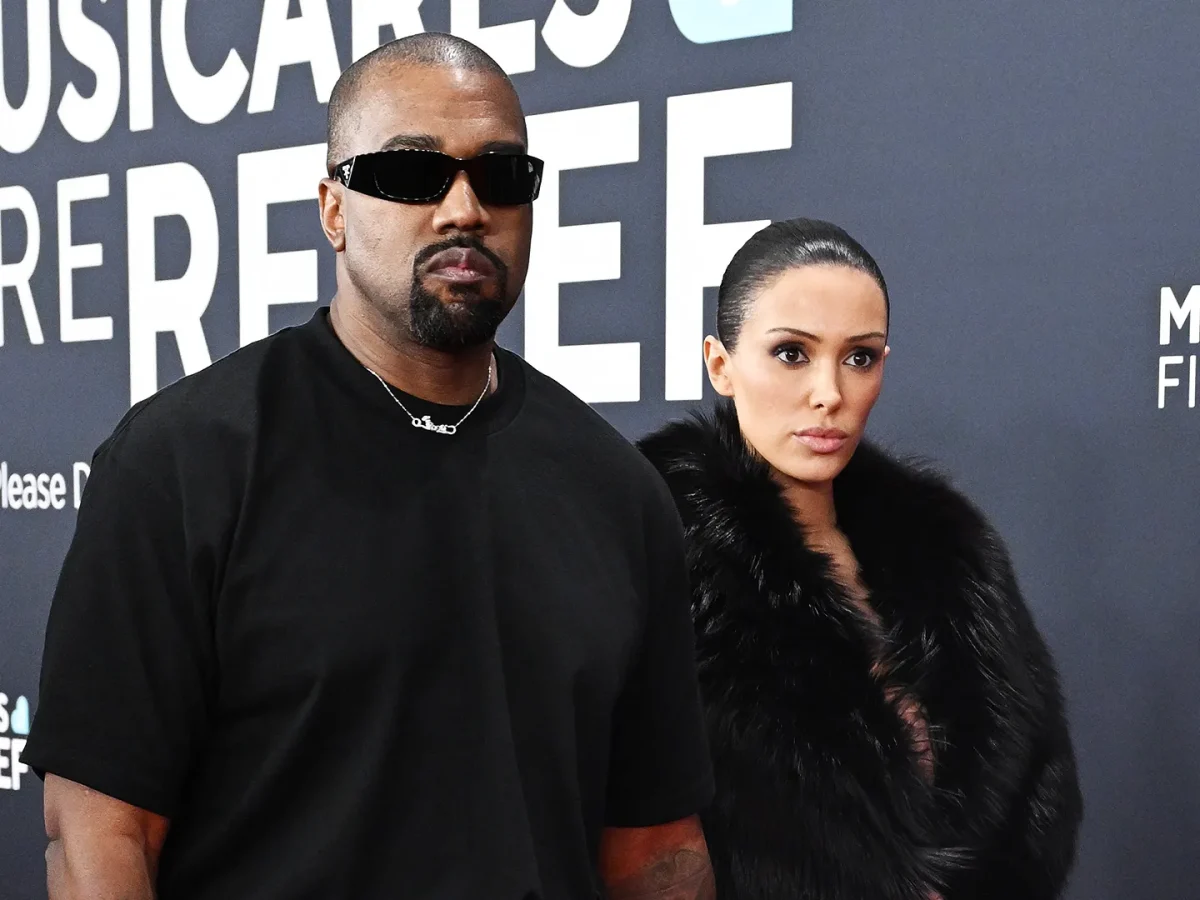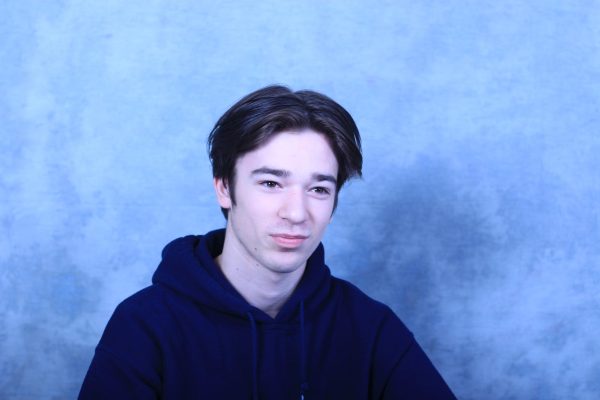It is clear that Pierre Poilievre outperformed Mark Carney in both debates. In the French one, Carney didn’t say a lot and made a lot of mistakes while speaking French. He said some outrageous things like saying “we are in agreement with Hamas”, instead of “we are in agreement about Hamas”, which definitely hurt his credibility with Quebecers.
Furthermore, in the English debate, Liberal leader Mark Carney was being targeted by every leader, Pierre Poilievre, Yves-François Blanchet, and Jagmeet Singh. Indeed, in the leaders’ choice phase (a sequence where every leader asks a question to the person they choose), they all asked a question to the Liberal leader Mark Carney.
The biggest blunder he committed was when he asked his own question to Conservative leader Pierre Poilievre, and it completely backfired at him. When Mark Carney asked the following question to Pierre Poilievre: Why did you refuse to get your top secret security clearance? Poilievre defended his decision by arguing that getting such clearance would restrict his capacity to speak openly on certain topics, and managed to shift the focus onto the Liberal party’s handling of allegations concerning Chinese diplomats.
Specifically, at some point during the campaign, at a Chinese language media event, Paul Chiang, a Liberal member of the parliament, suggested that people could claim a bounty offered by Hong Kong authorities by handing over Joe Tay, a Canadian citizen and Conservative candidate. Poilievre had ordered Carney to remove him from his candidates, but he instead defended him. In the debate, Carney had trouble defending his position on the topic, which Poilievre managed to do.
Now the question is: Was it enough for the conservatives to catch up?
Well, according to Abacusdata (a respected and non partisan polling firm), the estimated vote reveals that we could have some surprises tonight as the Conservatives gained 2 percentage points and the Liberals lost 1 percentage point. It is a tight race between the Conservatives and the Liberals, as the Liberals are only ahead by 2 percentage points, with 41% of the estimated vote compared to 39% for the Conservatives
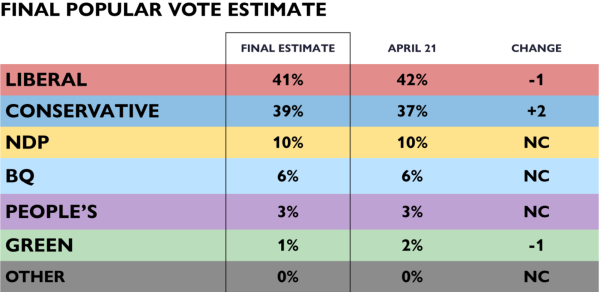
There are many reasons why Poilievre has faced criticism, one of which is the “mini Trump” stereotype. Donald Trump and the Republican Party are known for leaning heavily to the right, much like the Conservative Party, too. Because Trump supports policies like restricting abortion rights and rejecting the LGBTQIA2+ community, some media try to associate Poilievre with these same ideologies, even though he has mentioned many times that he strongly disagrees with them. Therefore, many Canadians see him as a Canadian version of Trump, which results in people fearing him.
With the election coming up tonight, it is crucial for Canadians to vote, knowing how one vote can change the future of our beautiful and welcoming country.


